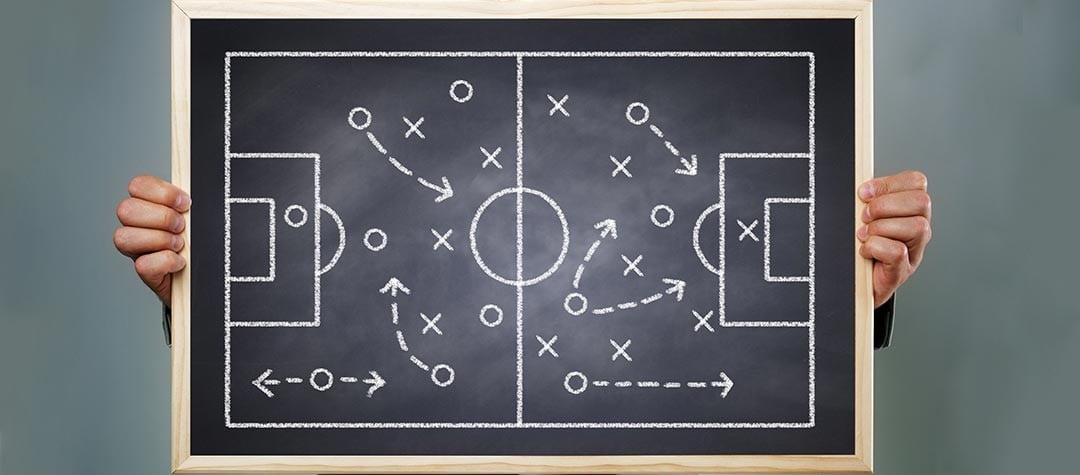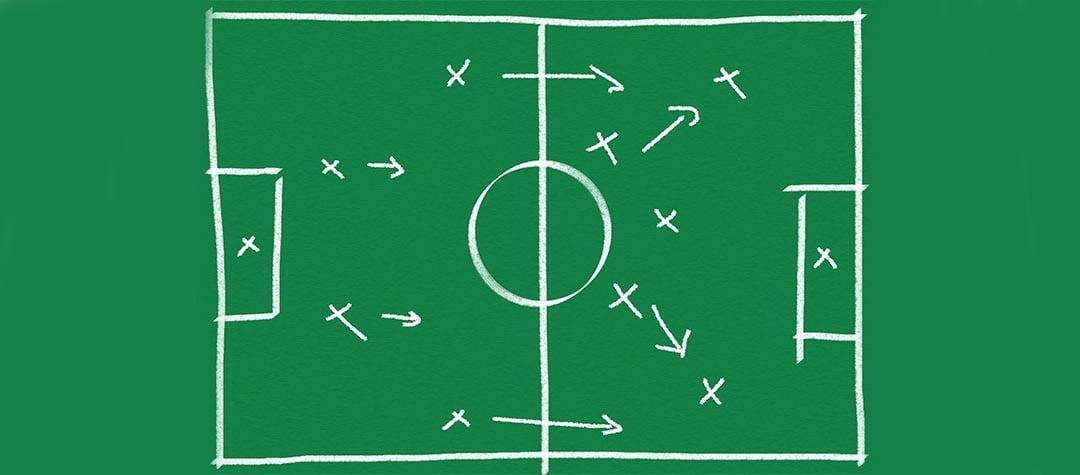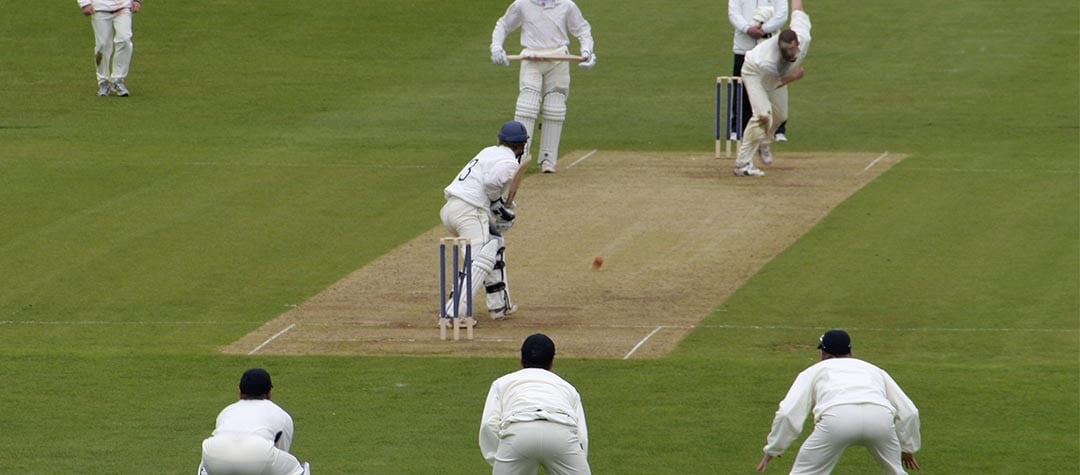Want to move on from karate films and try the art yourself? Here’s a quick overview of the sport.
The traditional Japanese martial art of karate promotes self-discipline and mental agility, whilst also offering many key physical benefits. With a range of karate styles to choose from, and belts to attain, karate is a skillful combat sport that could seriously improve your fitness through fun and flexible exercise.
Even if your previous experiences of karate have been limited to cheering on ‘Daniel-San’ in Karate Kid III, this hugely popular Japanese martial art form can still offer a surprisingly accessible route towards fitness success.
History
Originating in the Ryukru Islands during the fourteenth Century, karate techniques have evolved over time, to reach beyond the sport’s Japanese heritage. Karate is a contact sport that sees competitors artfully punch and kick their way towards glory. Whilst it may sound violent, with its emphasis on kneeing, elbowing and chopping ‘knife-hands’, karate remains a safe and carefully choreographed pastime that doubles as a self-defense skill. In competition, the emphasis is on carefully brushing the opponent, rather than pummeling them with all your might.
Basic karate training
Karate training is traditionally divided into three key areas, with competitors’ skill levels building up over time.
- Kihon karate — Generally carried out in groups or pairs, kihon is the most basic form of karate training. It sees competitors combine a number of initial techniques, to emphasise their grasp of the key steps, kicks and even throws that define the sport. The aim of kihon is to strengthen the muscles and posture of an absolute karate beginner, in preparation for the next level of tuition.
- Kata karate — Literally meaning ‘shape’, kata refers to the intermediate level of karate teaching. This form of tuition focuses on the quality of a competitor’s stance, along with leg strength, balance and fluidity of movements. The karate participant must attain a certain level of kata excellence before progressing to the next stage of their teaching.
- Kumite karate — Kumite describes the sparring form of karate, literally translating as a ‘meeting of the hands’. It can be adopted as a mode of self-defense, but also forms the basis of many karate tournaments. Although the volume of contact during kumite can vary, competition points are awarded based on timing, technique, attitude and self-awareness.
Health and fitness benefits of karate
Karate participants can enjoy a number of positive mental and physical health benefits, developing everything from muscular strength and posture through to mental alertness.
- Building muscular strength — Karate builds strength in the leg muscles and throughout the arms. Developing tone and muscular resistance, it’s a great sport to get into if you’re after more streamlined limbs.
- Better balance — If you struggle with your balance, karate could really help you stay on your feet, with basic steps keeping you nimble and reducing the fear of toppling over! Karate training requires concentration and poise, so your body should feel more stable in no time.
- Boosting flexibility — With its emphasis on quick hand movements and lightning-fast footsteps, karate offers an excellent way to develop your reflexes and the suppleness of your joints. Over time, you’ll notice a big difference in how soon your body reacts to different stimuli.
- Improving posture — If you’re reading this whilst slumped in your chair and hunched over a keyboard, it might be time to think about improving your posture. Luckily, karate offers a fine way of re-adjusting your spine to fit into positions that right now seem so difficult (sitting up straight, for instance). Demanding good body shape, karate could really have you standing tall once more.
- Harnessing self-confidence — Karate provides a great source of self-confidence, with its focus on discipline and individual pride really boosting esteem. As a valuable form of self-defense, karate teaching should also ensure you feel much safer at night.
Getting started in karate
With millions of people already enjoying karate worldwide, there has never been a better time to get into this well-respected Olympic sport. No matter if you’re a fun-loving pacifist who wouldn’t hurt a fly; karate is as much about mental composure and physical expression as it is fighting. With surprisingly inexpensive kit requirements, and a number of clubs open to competitors of all levels, karate could well be the exercise to suit your fitness demands. So what’s stopping you? Try out karate today.














